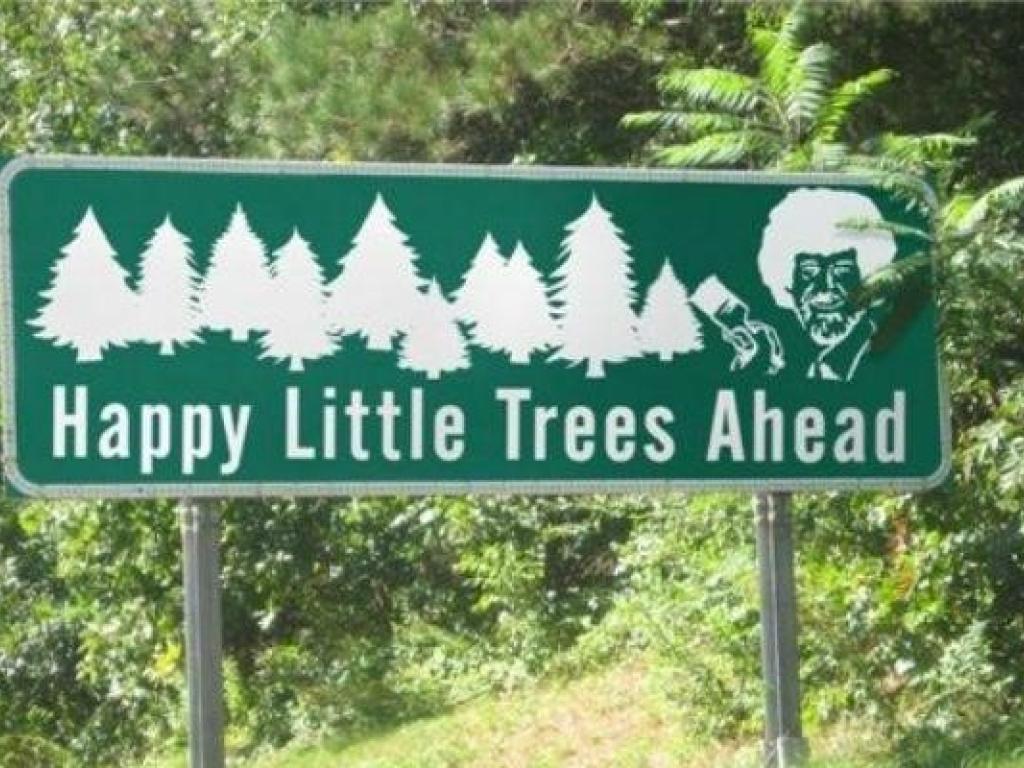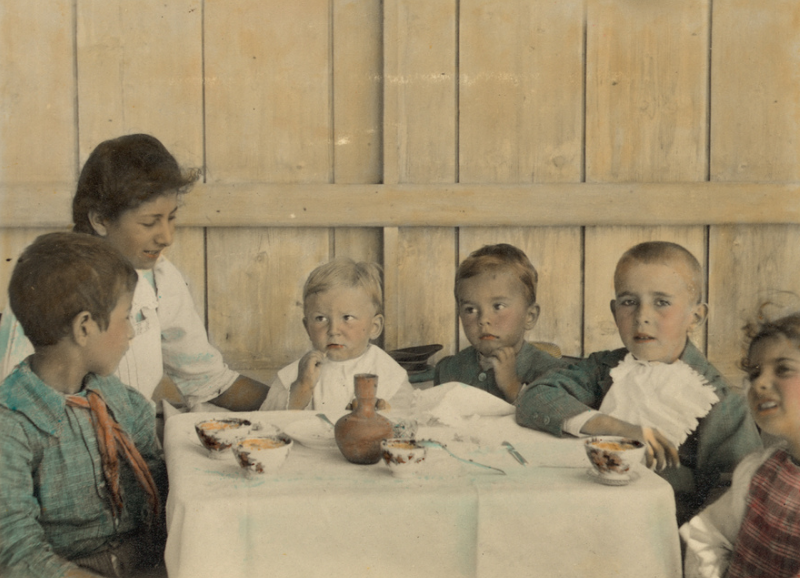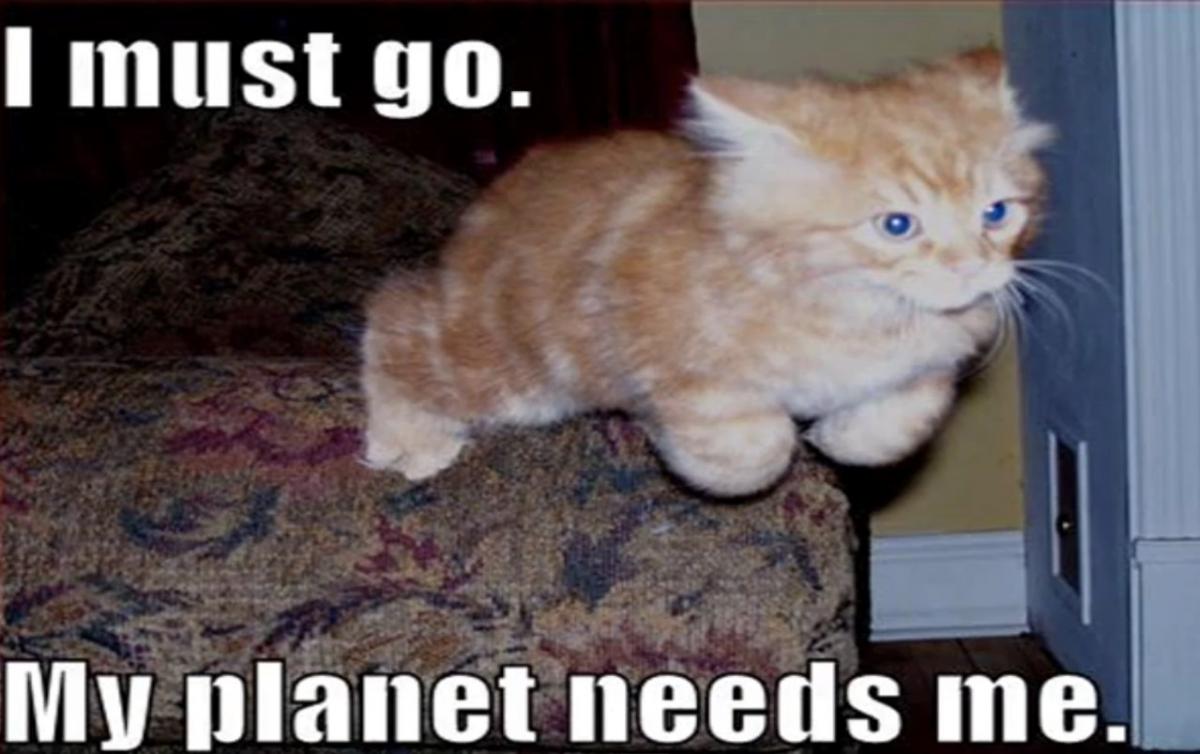But, isn’t more carbon lekker for the trees? A South African Climate Change Person’s guide to making it through the holidays

Holidays are hard enough for Climate Change People: guilt about long-haul flights to visit loved ones, meaty high-carbon meals, the waste of a thousand cheap trinkets, nevermind highly charged dinner conversations with said loved ones about climate change that make you question the wisdom of that long-haul flight. Here are some handy tips to make sure you don’t get banished to the kiddies’ table again.

At least you'll have a captive audience at the children's table
The biggest pit-fall to avoid is engaging with people who just want to stir the pot. You can tell who they are from early childhood games – they were the ones pulling your hair and stealing your toys. To reach teachable moments of festive joy, try to discern the questions of the genuinely curious from the thinly veiled troll-bait of your garden variety climate change denier.
In every career there are a couple of questions you’ll be asked at some point during a dinner party. If you’re a doctor someone will ask you to “have a quick look” at this "thing" on their leg. Lawyers get asked for free counsel. You don’t even want to know what someone asked a dentist friend of mine. As a Climate Change Person, there are a couple of ‘questions’ that you’re pretty much guaranteed to be asked at some point this summer. Let me prepare you for some of them.
Is it real?
Also: ‘Do you believe in Climate change?’
Firstly, breathe. Secondly, reassure the person in question that scientists are no longer debating whether it’s ‘real’ and whether it is human-caused. It’s best not to make this a ‘big deal’ question, a simple ‘yes’ will suffice. I sometimes like to quote Neil DeGrasse Tyson who said “The good thing about science is that it’s true whether or not you believe it .”
We’re doomed*
*Often phrased differently by your fun uncle in a way that can’t be quoted on this platform
Ah, the donga of despair. This is trickier territory than one might think as it appeals for an emotional response.
A word for the wise: if you yourself are feeling sad and hopeless, it’s important to be real about the way that you’re feeling. Don’t feel obligated to plaster on a fake smile and plow your way through a Groot Schlep of the ‘happier’ climate stats.
If you are going to engage with this question, think about who it is coming from. The younger the person is the more worthwhile and easy it is to frame a climate changed world as one not devoid of hope (a teenage cousin traumatised by watching something like ‘An Inconvenient Truth’ is an example). It is younger people who will live with the problem longer and it is important that they know how much is being done by so many to help the problem. Mitigation and adaptation efforts promise a safer, greener, cleaner world, one we can get excited about. There are things that we can do.
It’s China’s fault.
Um no, it’s us and our five planet lifestyles. Ok, maybe don’t say that. However, why even enter into a blame game about which country is the worst? This rarely serves any purpose. China’s economy doesn’t stand alone: global production chains are infinite, and we are all buying into it. Every snowflake in an avalanche pleads innocence.
If you’re feeling kindly towards China you could point some encouraging results from the latest Global Carbon Project Report which shows that reduced coal use in China largely accounts for the plateau in emissions in 2015.
Isn’t carbon lekker for the trees?
While increased levels of CO2 could provide extra ‘carbon fertiliser’ for some plants in some places, any possible benefits are far outweighed by all the other effects of climate change such as drought, ocean acidification and rising sea levels (none of which are good for plants, I think we can all agree). Rising temperatures caused by higher CO2 concentrations pose a significant threat to plants which can’t change their ranges as quickly as animals.
Volcanoes put out so much there’s no point in us trying to reduce carbon.
Sigh. There’s this email that pops into your inbox every couple of months, with a subject line that gets disconcertingly longer each time. The latest incarnation went something like: “RE:FW:FW:FW:RE:RE:RE: FW: VOLCANOES: PLZ SHARE WHAT SCIENTISTS AREN’T TELLING YOU ABOUT CLIMATE CHANGE!!!”.
There are many ideas such as this one floating around, but the volcano conspiracy seems to be particularly popular in South Africa which is why it is included here.
If you haven’t received it yet, the idea is that because one large volcanic eruption can release more CO2 into the atmosphere than a decade of human emissions, there’s no point in reducing our emissions because it won’t have any effect.

Me when reading the 'volcano' emails
The truth is that the sum total of all CO2 out-gassed by active volcanoes amounts to about 1/150th of anthropogenic emissions. Besides, even if volcanoes are releasing lots of CO2 (and major volcanic eruptions have been shown to drastically alter climate), why would we want to compound this effect with our own emissions?
Parting words
The climate is getting hotter but that doesn’t mean you need to lose your cool: it is not necessary to draw the hockey stick graph in blood on your aunt’s serviettes to make a point (however, if you’re still banished to the kiddies table after last year’s climate blow-up, use the opportunity to initiate the little ones to climate science with their new koki set). If you do have a great conversation about climate change, don’t forget aftercare: send some accessible links (click herefor some great ones) to the family Whatsapp group – between cat pictures, traffic updates, koeksuster recipes and matric results, there is more fertile ground than you might think. Have a great New Year and good luck getting back to the grown-ups table.

When all else fails...
Disclaimer: The views expressed here are solely those of the author in her private capacity